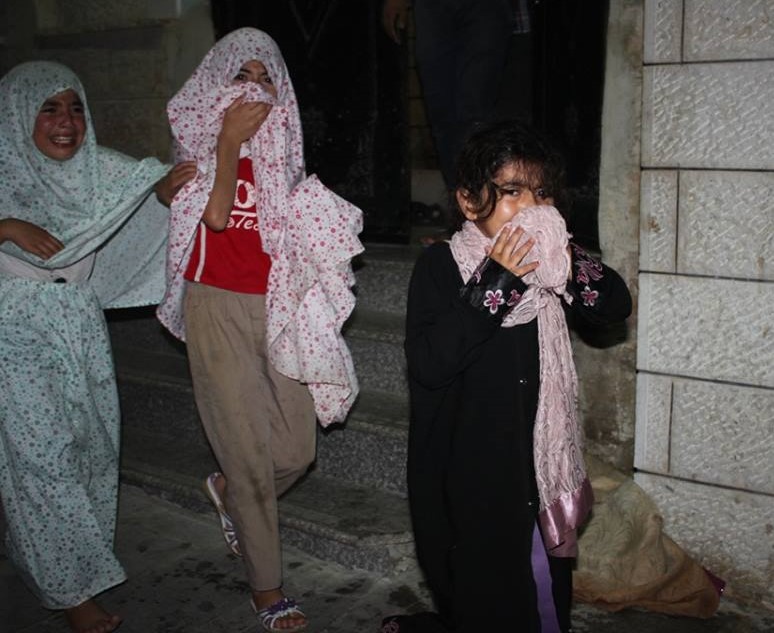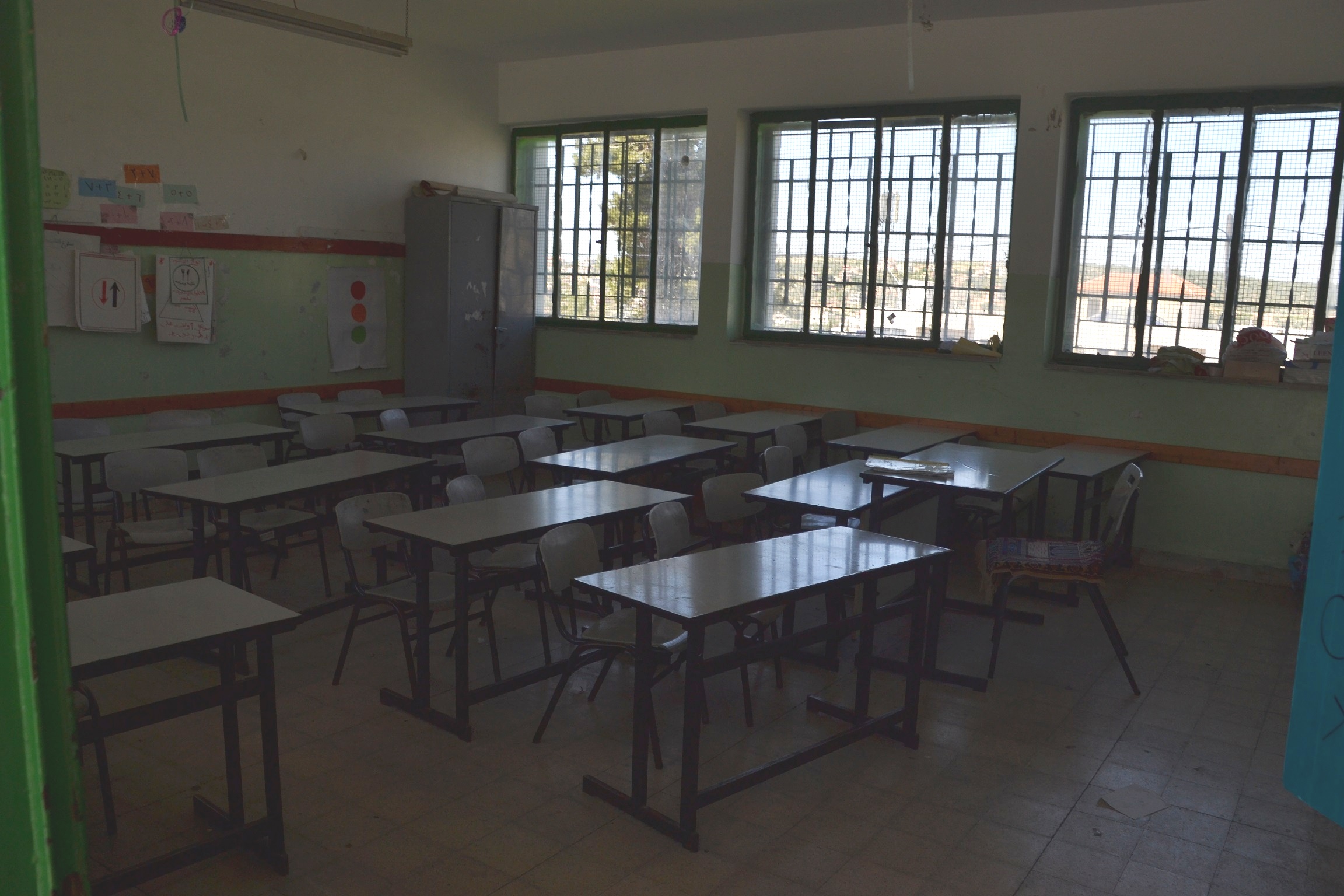Tag: Salfit
-

Israeli forces attack mosque in village near Salfit, detaining and beating a child
3rd July 2014 | International Solidarity Movement, Nablus Team | Qarawat Bani Hassan, Occupied Palestine At 9 o’clock in the evening of July 2nd, Israeli forces invaded the small Palestinian village of Qarawat Bani Hassan, approximately 10 km northwest of Salfit in the northern half of the West Bank. They approached the mosque in the center of town and fired tear gas…
-

Israeli army attacks two elementary schools in Salfit
7th April 2014 | International Solidarity Movement, Nablus Team | Salfit, Occupied Palestine Two educational institutions were attacked with tear gas and stun grenades by the Israeli army yesterday morning in Salfit. At least ten female students required medical attention after suffering from excessive tear gas inhalation. At 12:30 yesterday afternoon, Salfit’s female elementary school was empty.…
-

Israeli army demolish a house in the Salfit village of Deir Ballut
29th November 2013 | International Solidarity Movement, Nablus Team | Deir Ballut, Occupied Palestine On Thursday morning at five am, the Israeli army demolished a house under construction, and left the area before the owner Ghaneem Mahmoud Abdullah Al-Karim or other villagers were able to arrive at the scene. It is believed that the Israeli…
